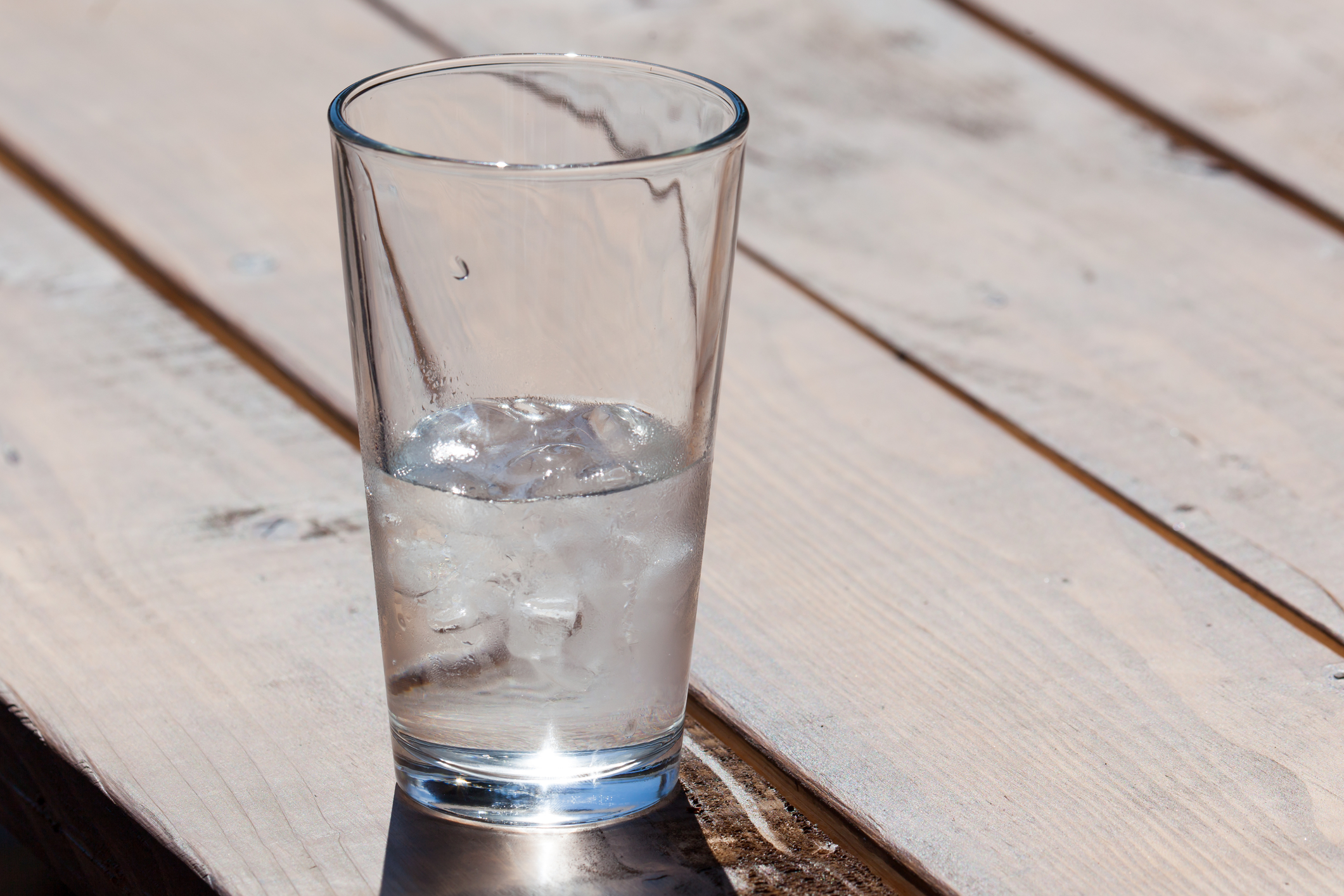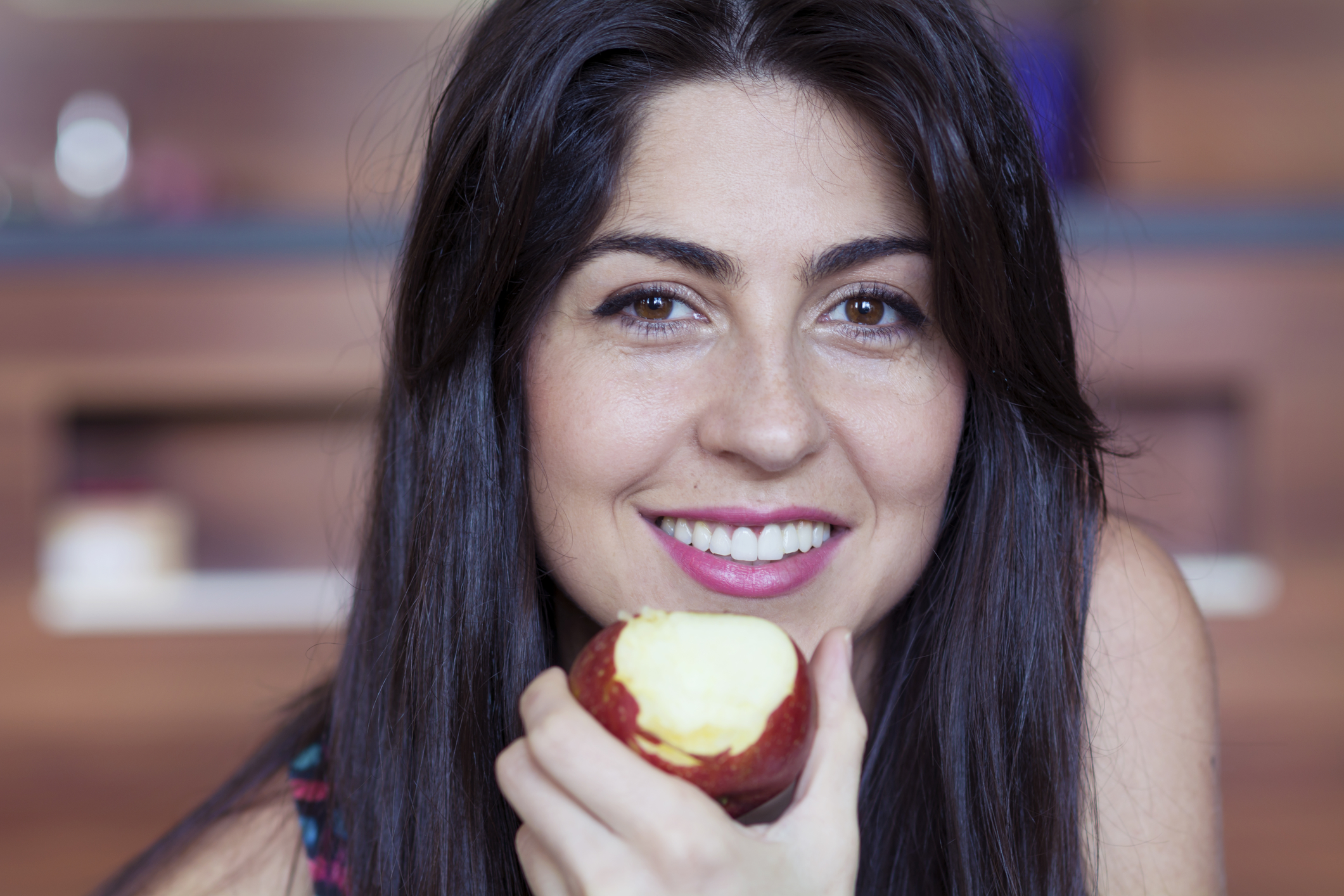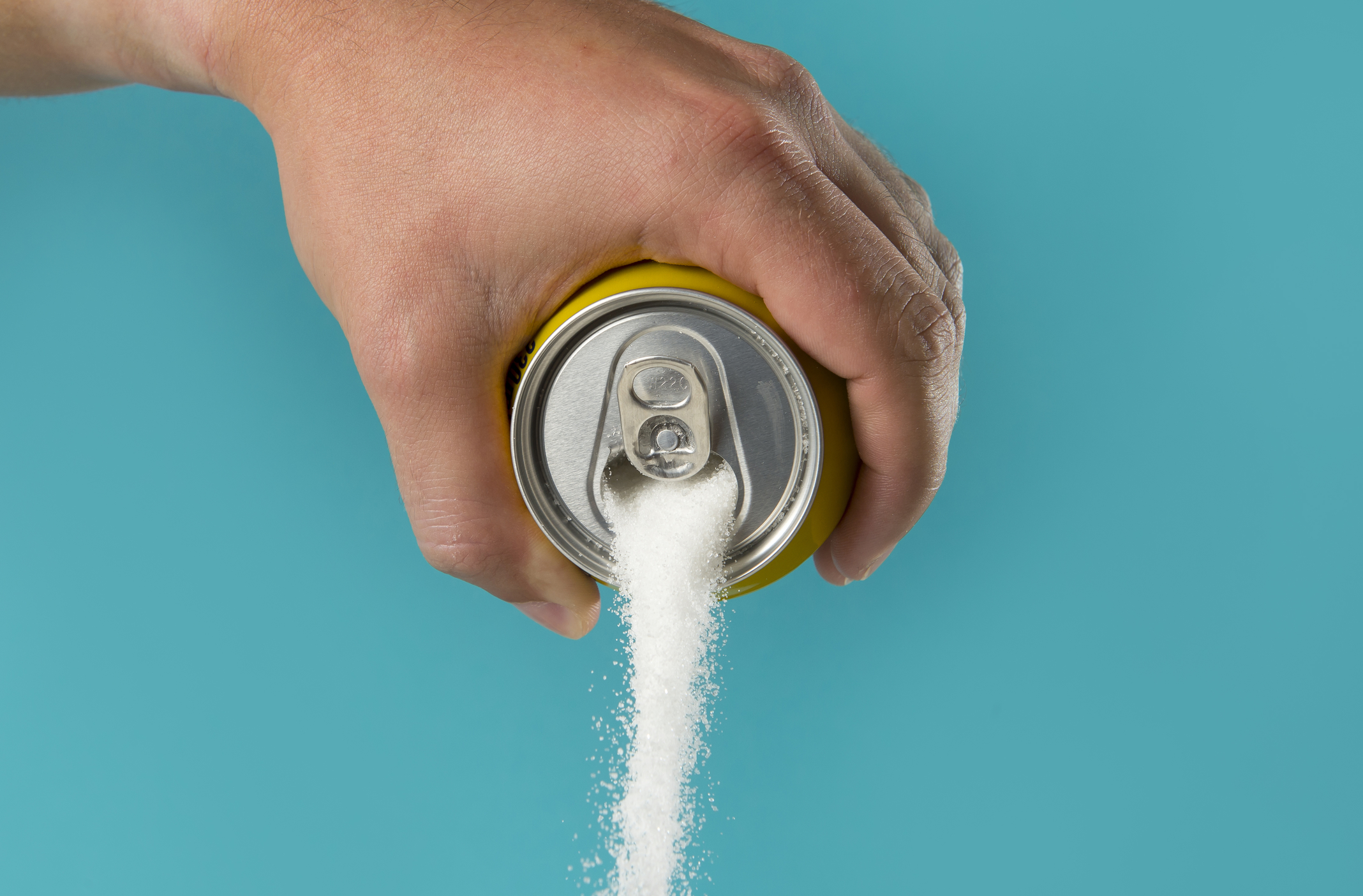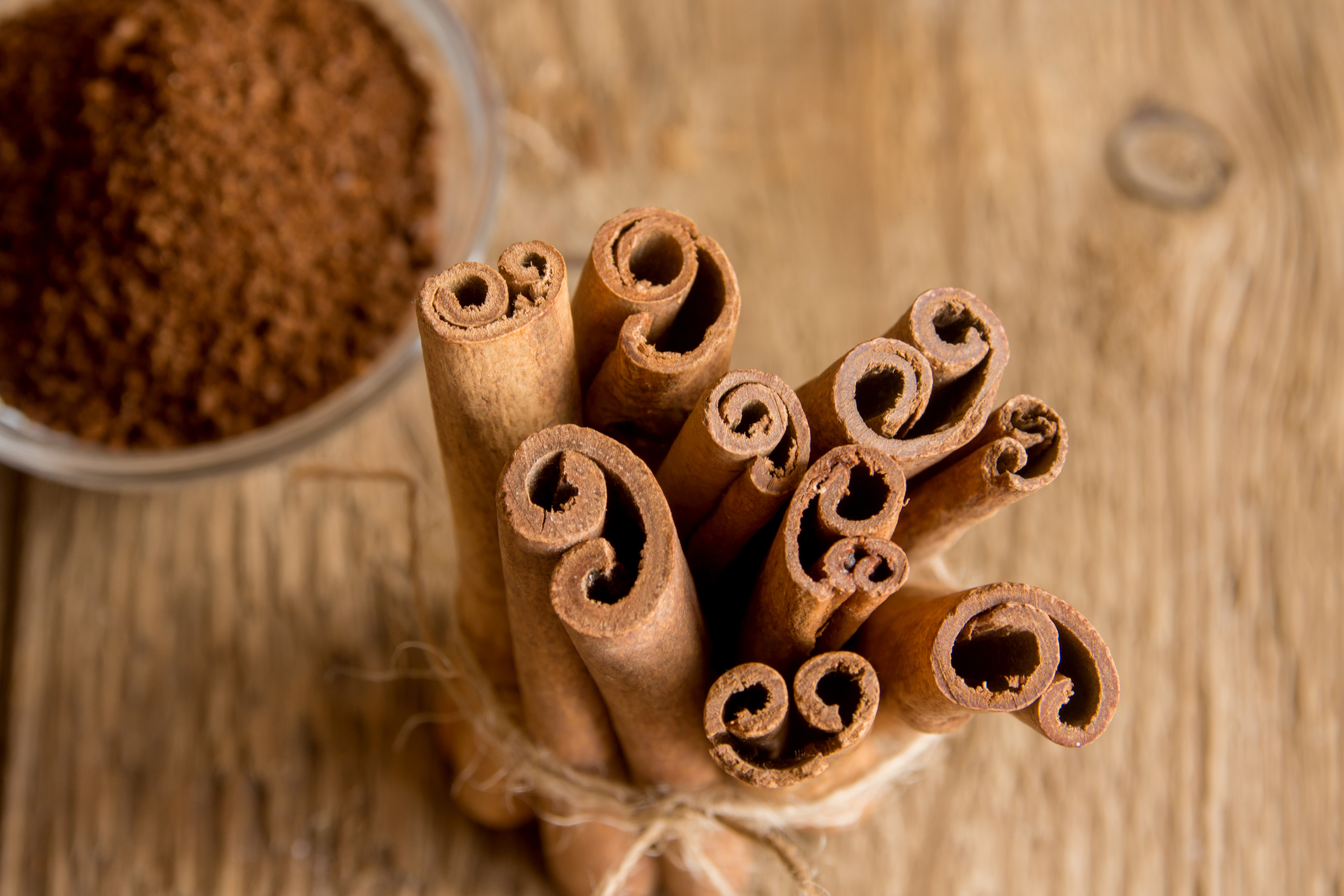5 Unusual Ways to Better Your Oral Health
Even though the design for the modern toothbrush was not developed until the fifteenth century, the practice of oral hygiene has been around for millennia. Whether it that involves chewing on Purple Nutsedge Weed like people in the Sudan, scraping twigs across your teeth like the ancient Egyptians, or creating a sort of toothpaste from crushed bones and oyster shells like the Greeks and Romans, cleaning your mouth has always been a high priority in most people's basic lives. People today may not use those methods today, but there are more ways to improve your oral health than the standard brush-and-paste combination.
Eat Less Ice

For some people, the sensation of crushing ice either during a meal or just in their free time is addictive. Some will go out of their way to drive through a fast-food joint for a cup of ice to chew on while driving, while others purchase an ice-maker or snow cone machine just to keep around the house. Medically, this phenomenon is known as pica, and is defined as chewing on things that have little or no nutritional value. Hippocrates, an ancient Greek physician, recorded that the pregnant women of his time would often chew on charcoal or dirt, while other textbooks from the same era recorded that some enjoyed dining on dirt and ashes.
While chewing on ice seems relatively harmless, it can reveal a lot about the physical condition of the person. Frequently craving ice can be a sign of anemia, particularly due to a lack of iron. There are several theories as to why iron-deficient people like to chew ice, but it could be due to the exhilaration that exposure to increased cold can do to an otherwise foggy brain. Though chewing on ice will not lead to any major complications down the road, it has been proven to chip and crack teeth, cause damage to tooth enamel, complicate past dental work such as fillings, and can lead to a higher sensitivity to food and drink temperatures.
Use Alcohol-Free Mouthwash

Using mouthwash is not unusual. Therefore, suggesting that one avoids using mouthwash likely seems out of place on this list, but it is important to make a delineation between alcohol-based mouthwash and alcohol-free mouthwash. Alcohol-based mouthwash normally contains a substance called ethanol, which leaves a burning sensation in the mouth, as well as dryness and a long-lasting bitter taste. For those who suffer from irritations in the mouth, such as burning mouth syndrome or xerostomia (dry mouth), the alcohol found in mouthwash can aggravate these symptoms further. Moreover, people who have a history of alcohol abuse should stay away from mouthwash that contains alcohol, as it can lead to relapse.
Other conditions can be aggravated by alcohol-based mouthwashes as well, such as people on other medications that can reduce the flow of saliva, those undergoing radiation therapies, Sjogren's disease or even diabetes. Furthermore, the strong burning sensation that comes with alcohol-based mouthwashes is uncomfortable for many and can compel them to spit it out before it reaches its full effectiveness. Some studies have even linked alcohol-based mouthwashes with oral cancer, but it should be noted that the data is still inconclusive. Regarding cosmetic benefits, one study done by BioMed Research International, claims that alcohol-free mouthwash can result in a better gloss and color of tooth restorations, as well as making them more durable.
Eat Scrubby Foods

Good oral health does not just consist of strong teeth and fresh breath, the gums must also be taken into consideration. For this reason, it is crucial to consider foods that will strengthen the gums as well as the teeth, such as those rich in calcium, phosphorus, vitamin D, and vitamin C. Many of these are already included in the average diet, such as cheese, milk, leafy greens, and nuts. Several of humankind's early ancestors that relied heavily on a meat-based diet showed signs of exceptional teeth quality, leading many to conclude that red meats and some organ meats are most beneficial. It should go without saying, but drinking copious amounts of water also regularly rinses the mouth and keeps bacteria from developing.
The vitamin and health benefits of foods aside, there are some foods that perform double duty by scrubbing your teeth as you chew, just as ancient peoples from the Sudan use to chew on twigs (and some native cultures do still to this day). Eating an apple is an excellent example of this, as the crunchy and tough exterior mimics the scrubbing action that occurs when people brush their teeth. Celery, carrots, and leafy greens also serve to scrub the teeth due to their high fiber content. It will not completely negate your need for brushing twice a day, but it will certainly provide a nice boost to your regular oral hygiene.
Stop Drinking Diet Sodas

Despite the labels, diet sodas are among some of the worst things human beings can drink. Although they have lower calories, sugar, and other harmful qualities, they deliver the same taste due to the high amount of chemicals contained within. The aspartame and other chemical components have been linked to weight gain, diabetes, and even certain types of cancer, so eliminating diet sodas can help in all sorts of ways, beginning with your teeth. Despite several experts offering advice to the contrary, brushing teeth right after drinking diet sodas will not wholly negate the detriment it causes.
The acids in diet soda can rot the teeth right down the stubs, dissolving the enamel and creating cavities rapidly due to the citric and phosphorus acids they contain. Though this damage can be repaired in some cases, many will eventually require root canals, crowns, or bridges to mitigate the damage. Bad oral health, in general, has been linked to more wide-reaching diseases, such as decreased metabolism, diabetes, and a lowered immune system.
Chew Cinnamon

Cinnamon has been used by parents for decades to help their children learn to brush their teeth, as it provides a tasty flavor to an otherwise tasteless event. While cinnamon can be helpful in maintaining daily habits, few are aware that cinnamon boasts some health benefits as well. Cinnamon has a ton of antioxidants and anti-inflammatory properties that help the body heal and repair itself, and has been linked to lowering the effects of diabetes and degenerating neurological diseases. Furthermore, some studies have even shown cinnamon to be an aid in fighting HIV and cancer, when paired with conventional medicines.
When it comes to teeth, cinnamon takes all of those properties and applies it to the bacteria and viruses that can live in the mouth as well. It can reduce or prevent inflammation from taking root, and can even alleviate mild pain as well, which makes it particularly useful for teething infants. While some may choose to put cinnamon in a homemade tooth powder, it can also be effective if added to tea or morning cereal, providing several health benefits in one sitting. When distilled into an oil, cinnamon can be applied quickly and easily.
